How to tackle loneliness and feel less isolated
We've got advice from the experts with five ways to help you feel less lonely.
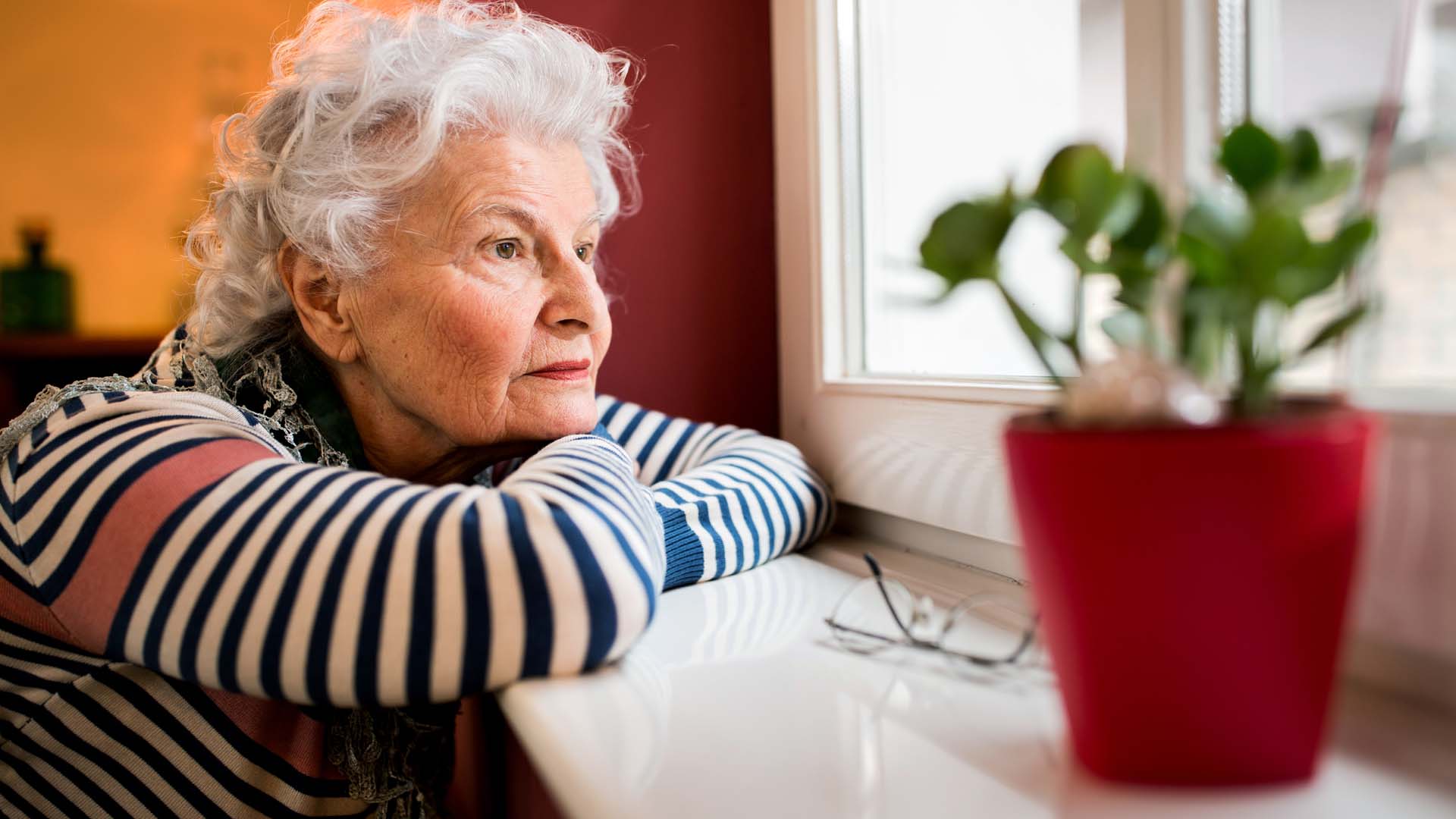
We've got advice from the experts with five ways to help you feel less lonely.

Feeling isolated and socially disconnected from others can be enormously detrimental to both your physical health and your mental wellbeing.
Loneliness was recently described as being as bad for your health as smoking 15 cigarettes a day in a report by the US Surgeon General, Dr Vivek Murthy.
Age UK also says that loneliness is a “global mental health issue that can affect anyone, anywhere, and at any age”.
If you’re feeling lonely, it’s so important to know that you are really aren't alone. Many people feel lonely from time to time and it’s nothing to be ashamed of. There are also things that can help.
To learn what can make a difference, we’ve spoken to a leading psychologist and a mental health expert.
Every year, Nuffield Health carries out its Healthier Nation Index research, where it surveys 8,000 UK adults to get a snapshot of how people are feeling about their physical and mental wellbeing.
Almost half of those surveyed said they experienced feeling lonely every week and 36% said they had experienced changes in both their mental and physical health as a result of feeling lonely.
This included not having as much drive, passion or motivation to do the things they previously enjoyed.
"Feeling disconnected from others can affect us in a number of ways," explains Lisa Gunn, mental health prevention lead at Nuffield Health.
“Loneliness can have a significant impact on your mental health,” she says.
“Numerous research studies have linked loneliness to the development of issues such as depression and poor coping mechanisms such as smoking, physical inactivity and alcohol misuse. Feeling lonely also causes us to feel low in mood and this can impact on our self-esteem.
“Conversely, you can also be surrounded by people and still feel a sense of loneliness”
“This can increase feelings of stress due to not feeling as though you belong or have sufficient support around you," Gunn adds.
"Loneliness can also cause issues such as anxiety, which is part of our stress response and our tendency to worry.”
There’s also a strong link between loneliness and increased dementia risk. A 2020 report from the Lancet Commission, featuring research carried out by 28 of the world’s leading dementia experts, highlighted the importance of keeping socially active in midlife and later life to reduce your risk.
A study by Japanese researchers that found feeling socially disconnected from friends and family may cause your brain to shrink. Their research also suggests loneliness could play a role in the development of dementia.

In his report, Our Epidemic of Loneliness and Isolation, Dr Murthy described how in many ways loneliness is similar to when you experience thirst or hunger. “It’s a signal our body sends us when we’re lacking something that we need for survival,” he noted.
It’s your hunter-gatherer origins that underpin why social connection is so fundamental to your physical and mental health.
Leading clinical psychologist Dr Linda Blair tells us why. “If you look back in our history, we could only survive if we worked in groups,” she explains.
“Togetherness was essential to protect ourselves and solve problems and that’s why being connected and socialising with others is hardwired into human survival. It’s why it’s absolutely essential for us to affiliate with others to feel good as that’s the only way we feel safe.”
When you feel a connection with others, the hormone oxytocin is released. This helps you to feel safe as it builds trust. But the type of social connection that would work best for you to combat loneliness could differ as a result of your personality and whether you grew up as a sibling or as an only child.
“Firstly, you need to consider whether you are an introvert or extrovert as, for some people, mixing with others can mean they prefer smaller groups of just one to two people,” Dr Blair explains. “While others may feel most at home as part of a bigger group.

“What’s vital is you have to affiliate (socialise with others), even if you’re someone that likes their own company. We have a need to know that other people are around, even if we’re not consciously aware of that. But it’s important to socialise in terms of your personality and how you grew up.
"For example, if you grew up as one of 10 children, even if you’re an introvert, you will probably prefer a group connection.
"Whereas if you grew up as an only child, and even if you’re an extrovert, you might not need to be around too many people to feel that connection.”
The initial signs of loneliness are fairly subtle, so you may not join the dots initially. Feeling lonely can come and go and only hang around fleetingly.
It’s when you experience several signs of loneliness and you continue to feel low and not quite yourself for several weeks that it may be more of a problem.
According to Dr Blair, these are the most common signs of loneliness:

It can be helpful to think about what’s making you feel lonely.
“Notice what’s changed in your life to make you feel lonely and think about what needs to happen to change this,” Gunn advises. It’s also helpful to look at the ways in which you are lonely.
"For example, do you feel lonely within your community, your social circle or do you feel lonely on a more intimate level?” she says.
A problem shared is a problem halved and just simply opening up to a friendly face could make a difference.
“The joy of talking to someone about how you’re feeling is that it can also provide some much-needed perspective,” says Dr Blair.
“We often feel a lot better just for sharing what’s going on with us.”
Smiles and greetings exchanged while you order a coffee or wait for a bus actually do help.
A 2013 study published in the journal Social Psychological and Personality Science found even a very short social interaction with someone you don’t know can help to make you feel happier.
Researchers found these brief encounters can also help improve your sense of belonging.
If you feel disconnected from those around you, having a strong interest in common with others can be a natural building block for making new friends. Research has found that hobbies can help you live a happier life.
If you love to sing, act or want to learn to dance, for example, think about joining your local choir or amateur dramatics group or look up where dance classes take place near you.
Age UK also offers many classes and activities nationwide so you’re sure to find something that interests you.
Just by taking that first step towards sharing how you feel with someone or trying something new to tackle your feelings of loneliness, you’re making progress. So, don’t forget to recognise this.
“In the brain, our biggest reward comes from when we praise ourselves,” Dr Blair adds. “So, no matter how small an initial step you take, look at your reflection in the mirror, smile and say well done.”
Julie Penfold has been a specialist health and wellbeing journalist for more than 15 years and has been a finalist in three prestigious health and medical journalism awards during that time.
She has written for a wide variety of health, medical, wellbeing and fitness magazines and websites. These have included Running, TechRadar, Outdoor Fitness, Be Healthy, Top Sante, Doctors.net.uk and The Guardian’s Social Care network.

Our online matching service brings you closer to like-minded people on a site you can trust. Create your free profile today
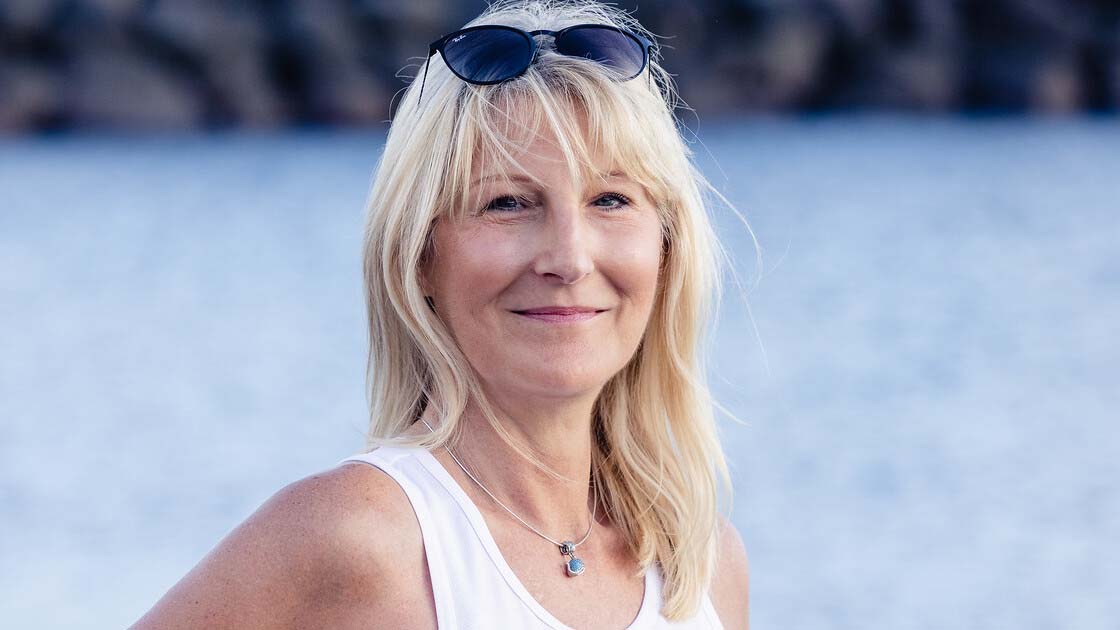
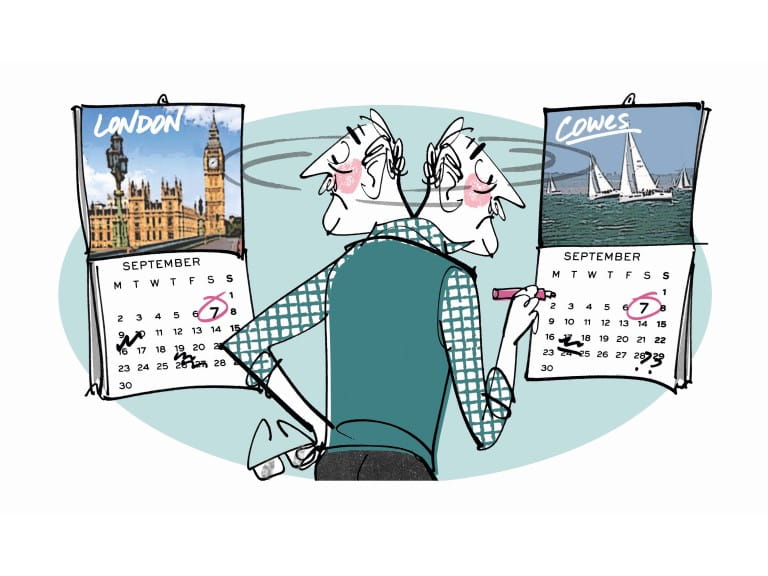
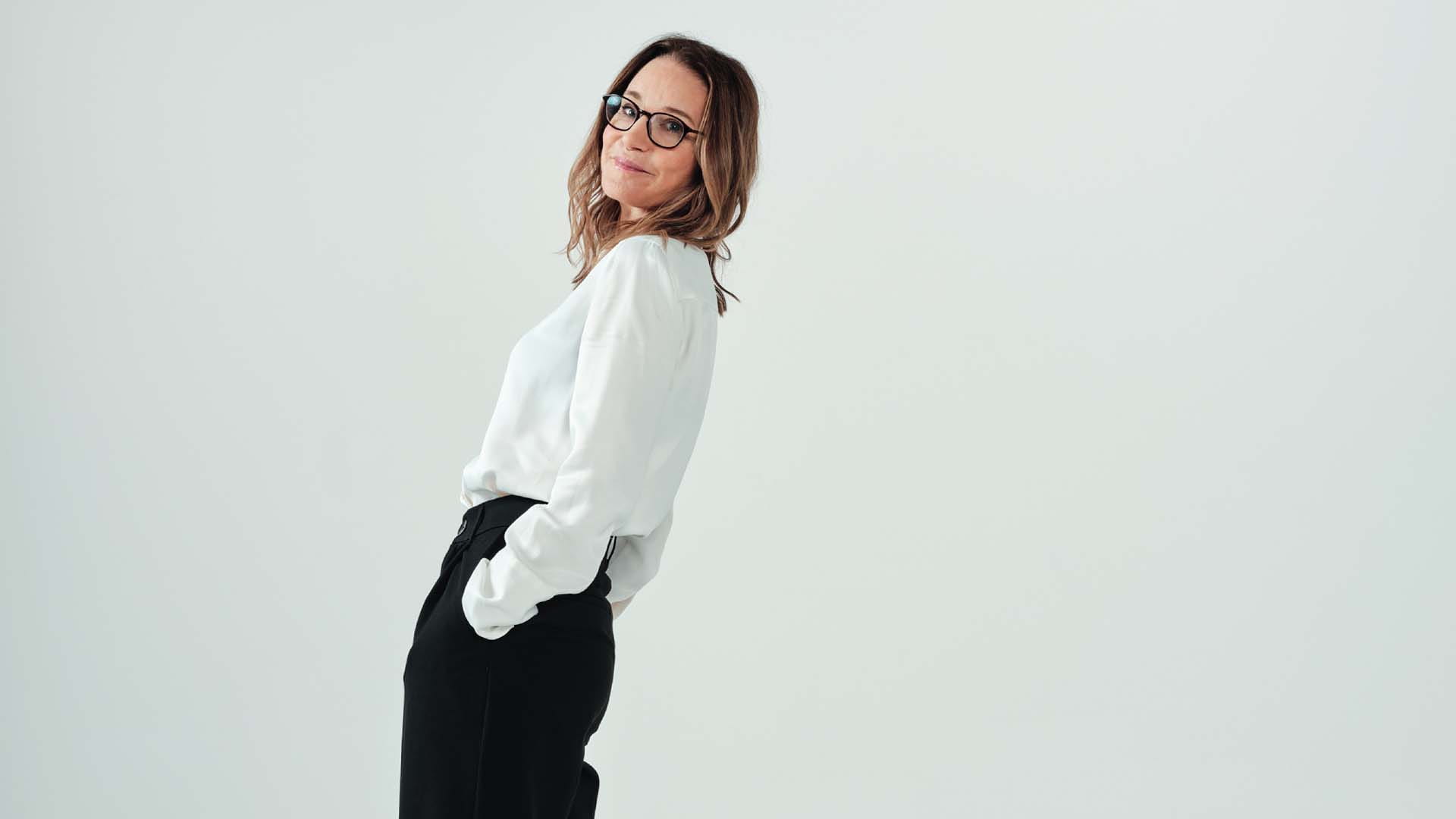

Women in the intelligence services did more than just take notes and chide flirtatious spies - many had real power and ran missions.
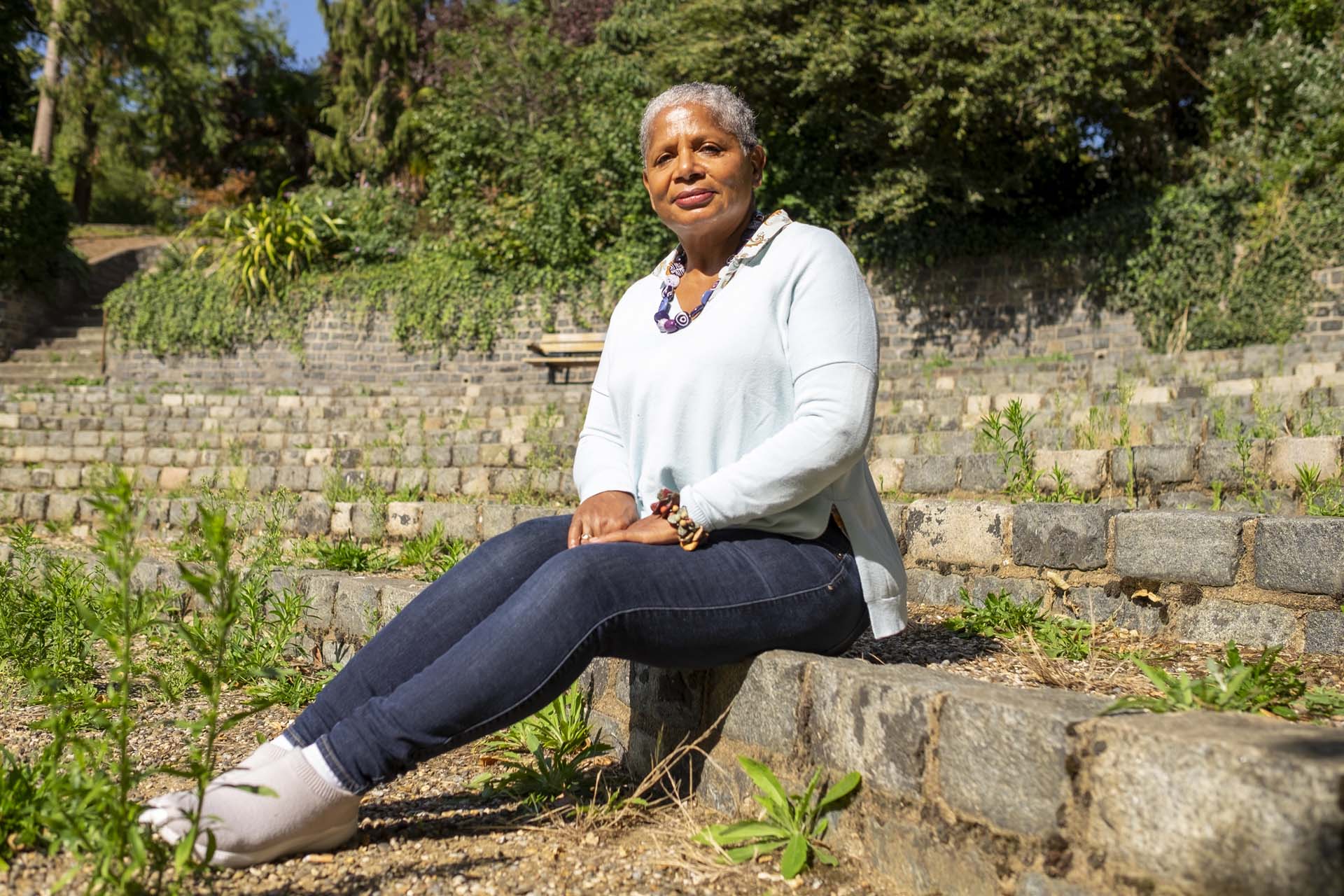

Anne Robinson on what to say when you read a friend's book and it's terrible.

Anne Robinson helps a man who thinks his life doesn't feel important after retirement, and asks how to find purpose again.
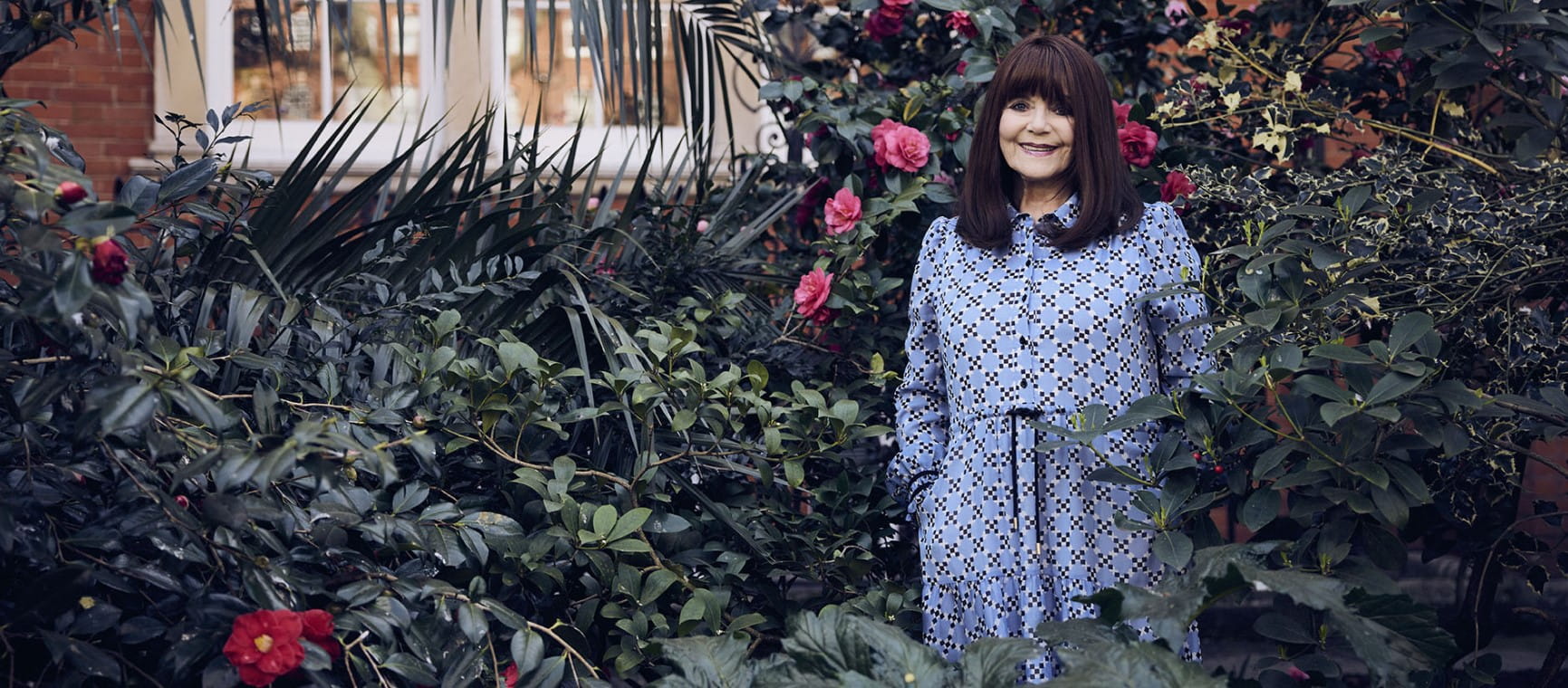
Dr Miriam Stoppard advises a widow on how to navigate modern dating etiquette and broaching the subject with her grown-up children.

Our columnist on the challenge of making a will and whether we should instead be spending our money on ourselves.
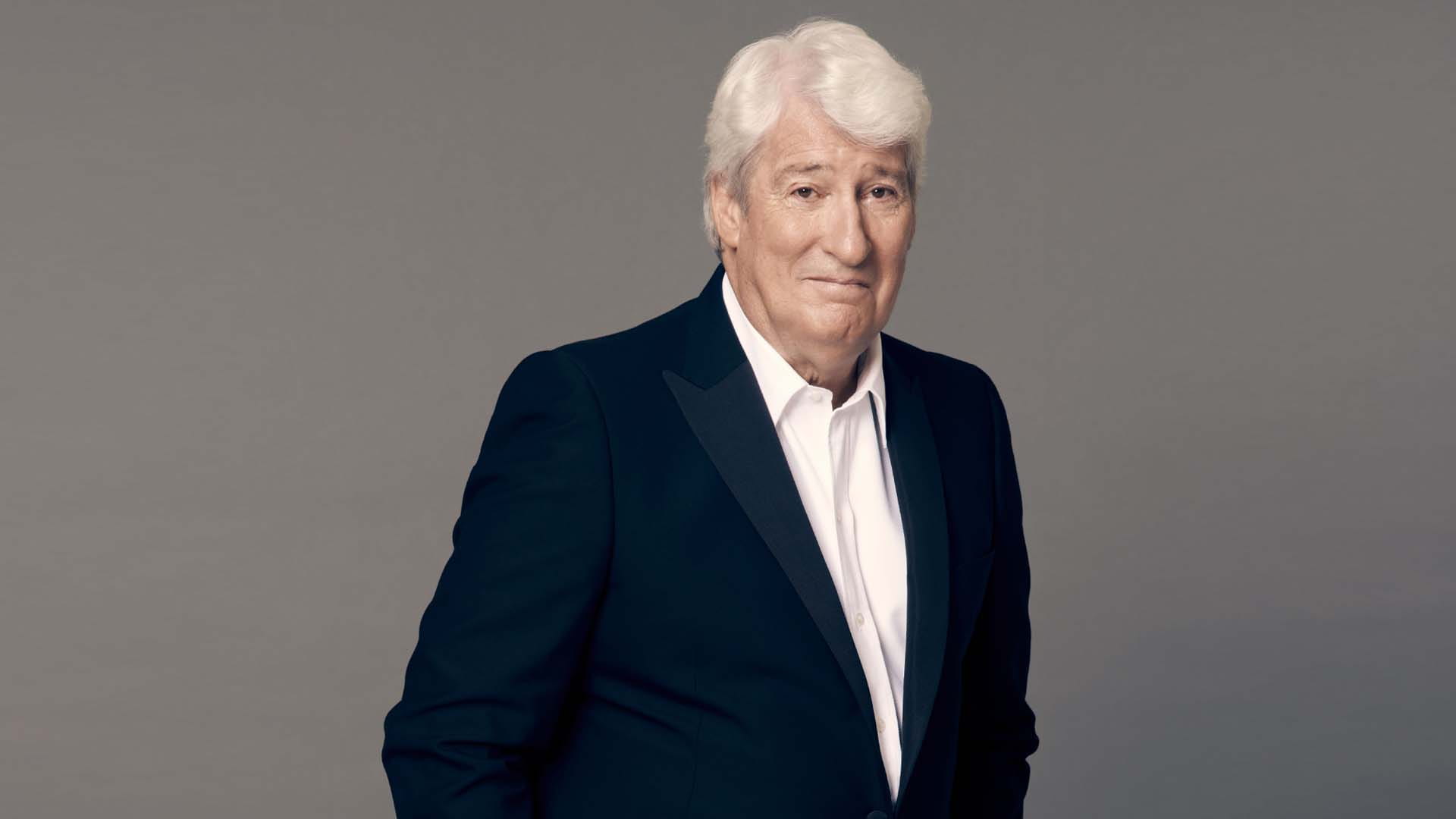
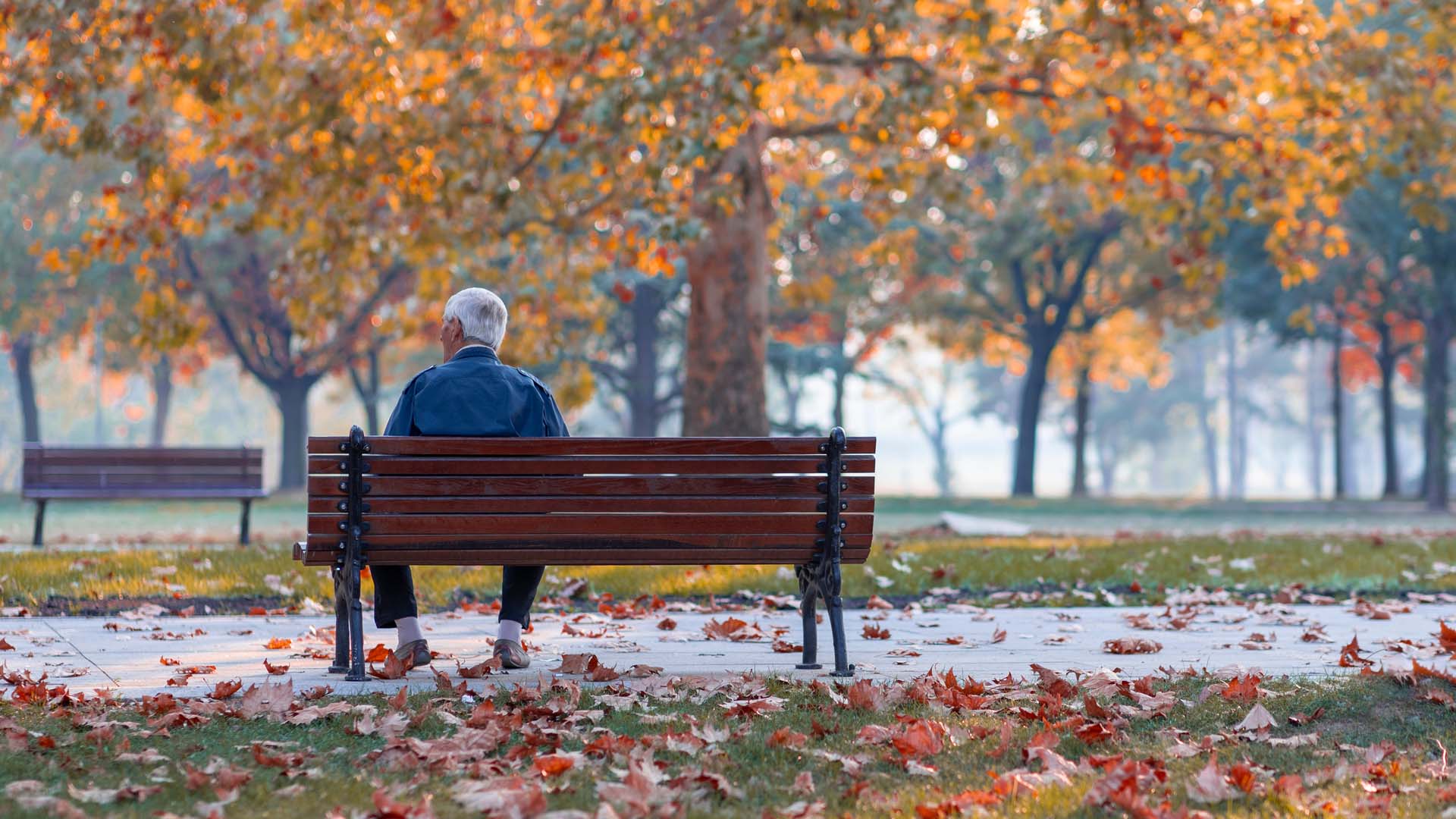
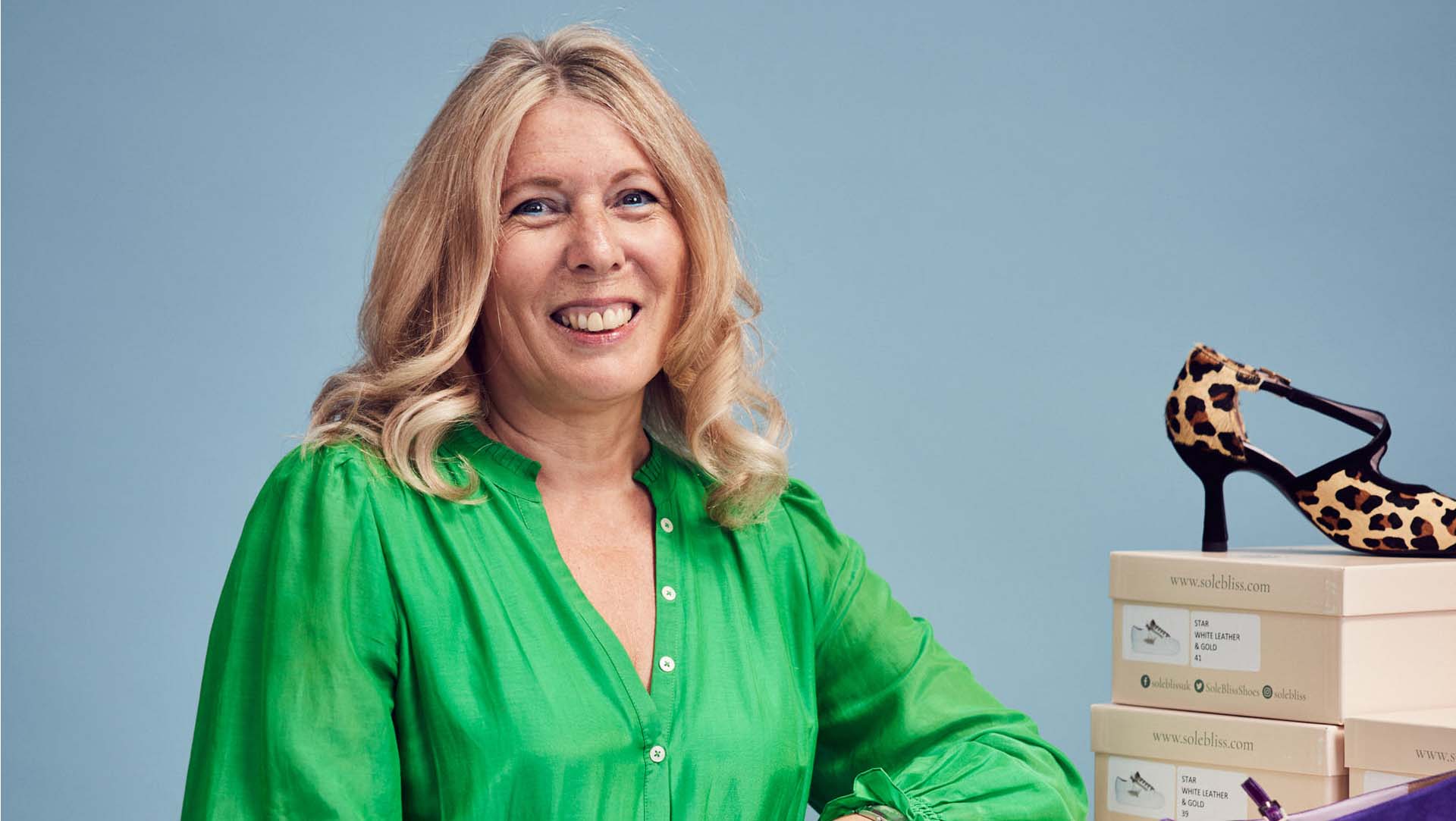

Self-publishing is becoming popular among older authors who want more creative control – and a bigger slice of the profits.
